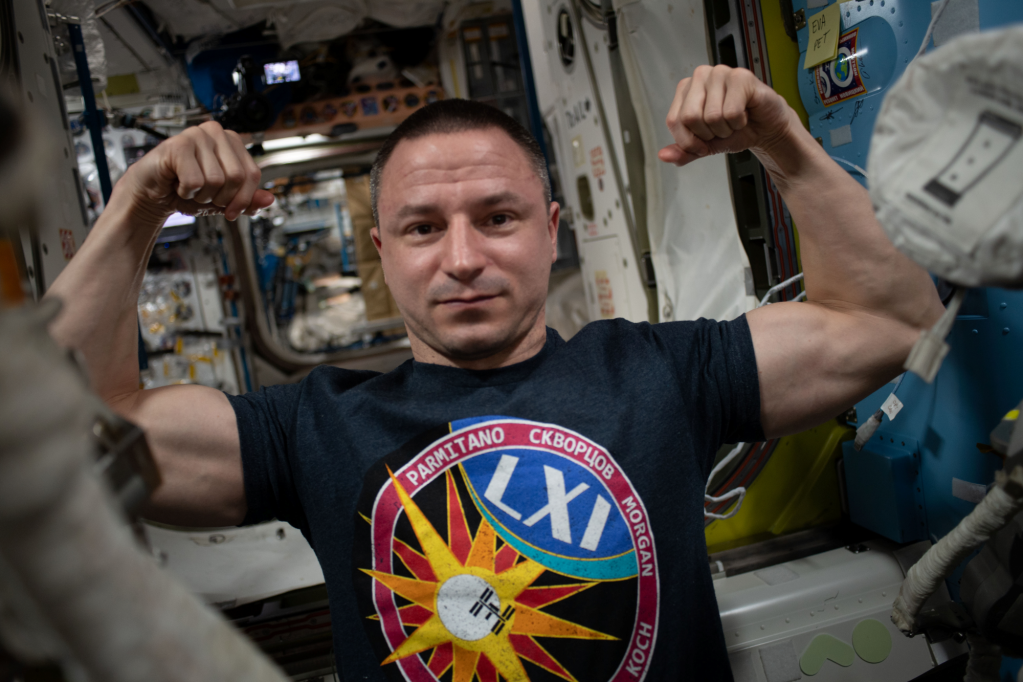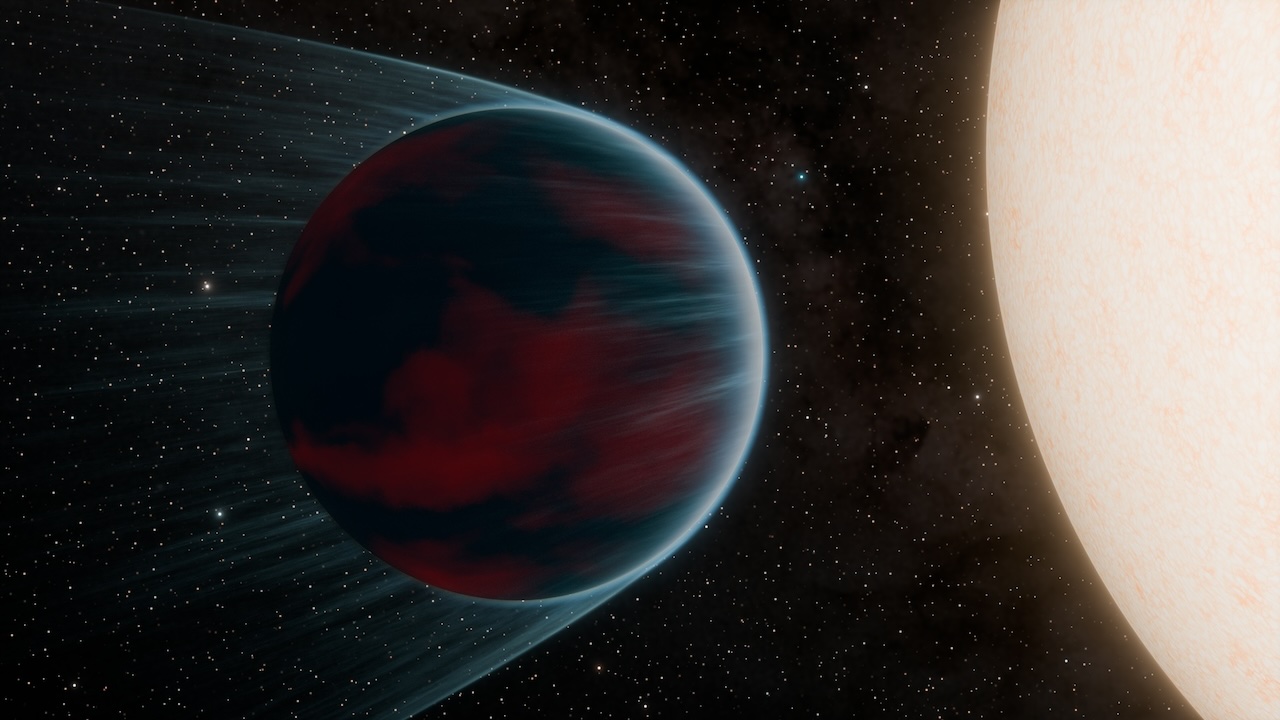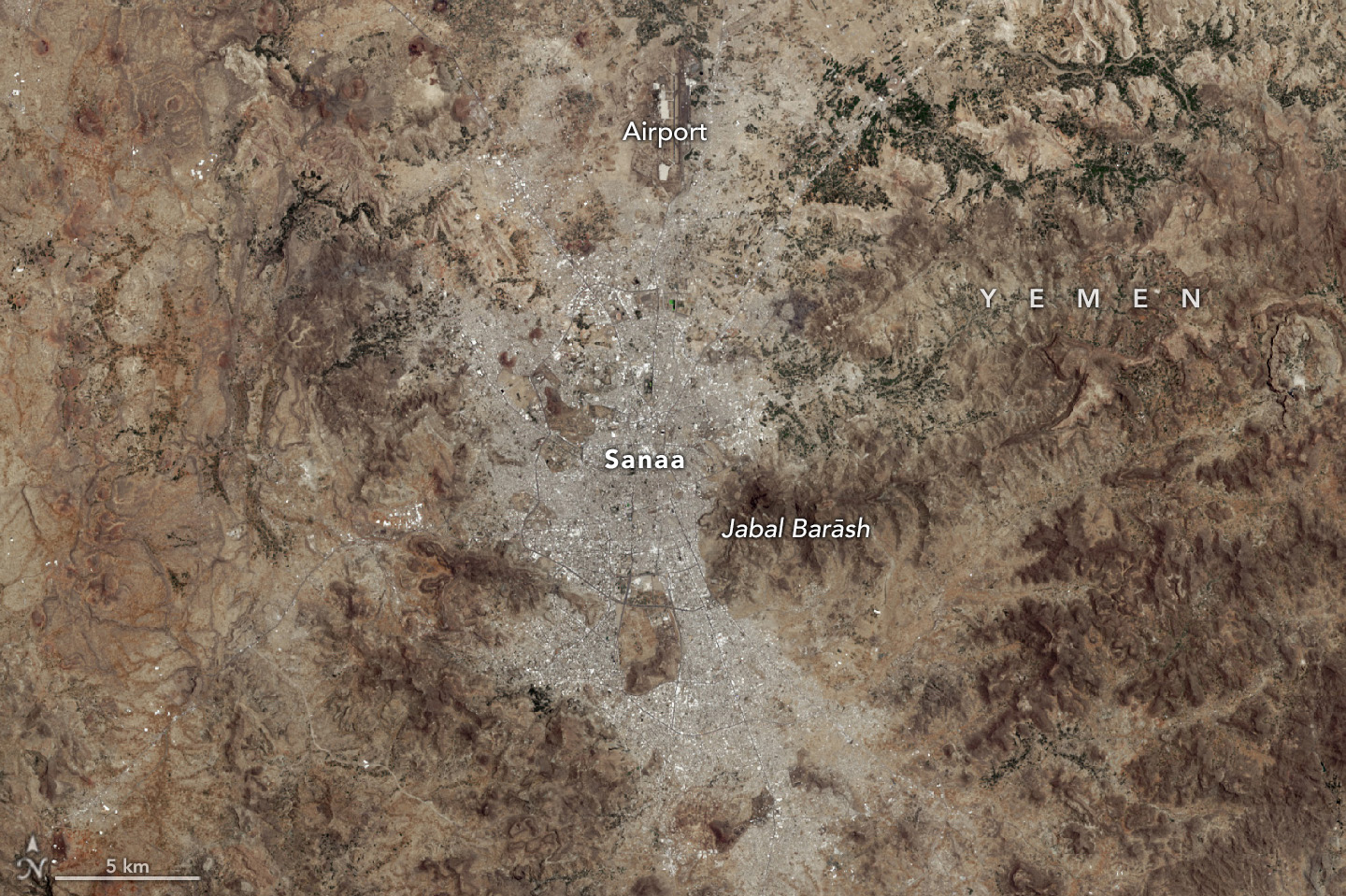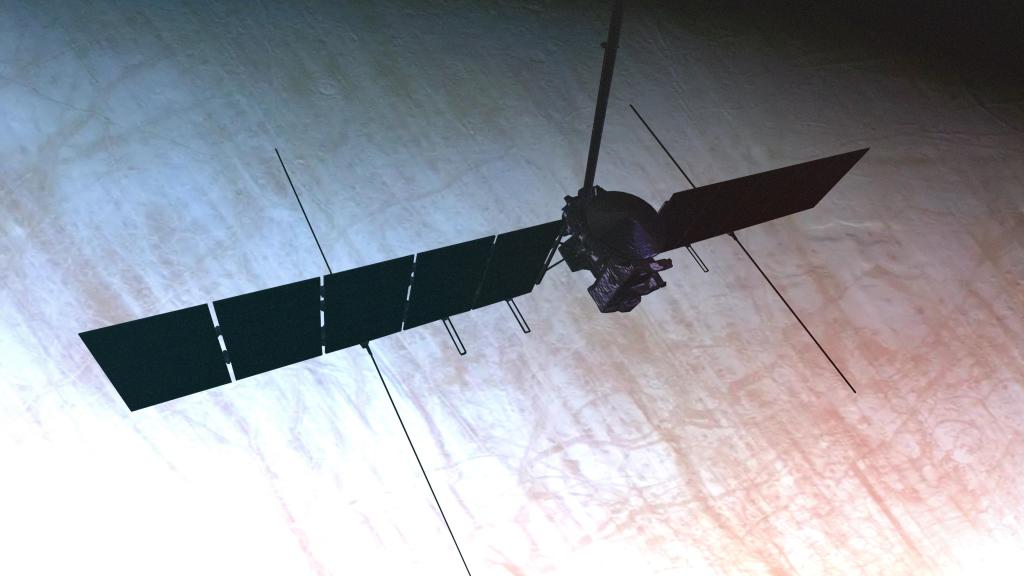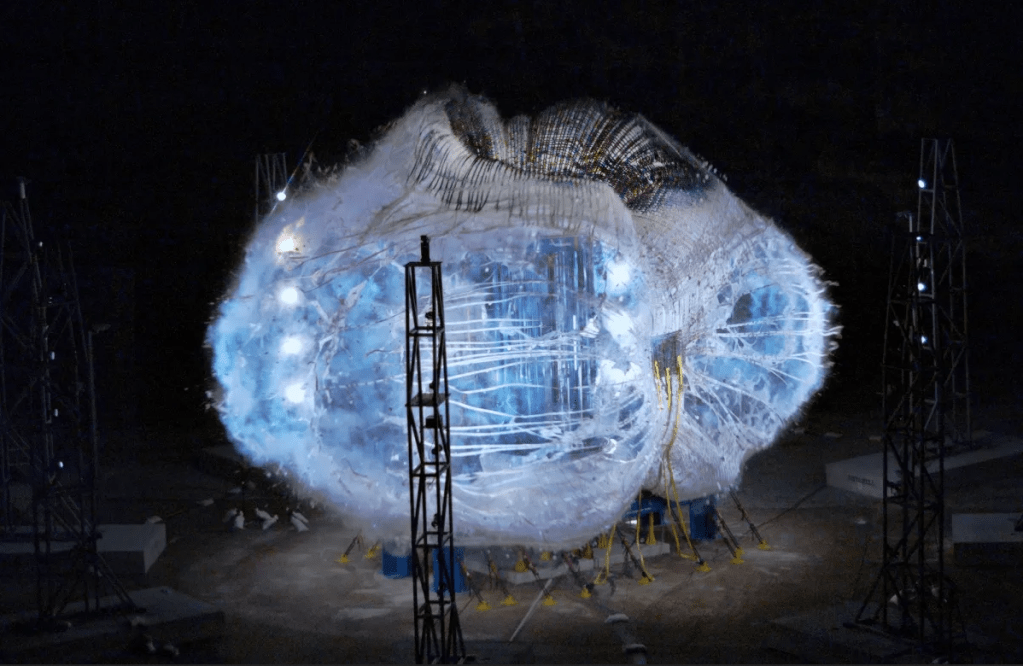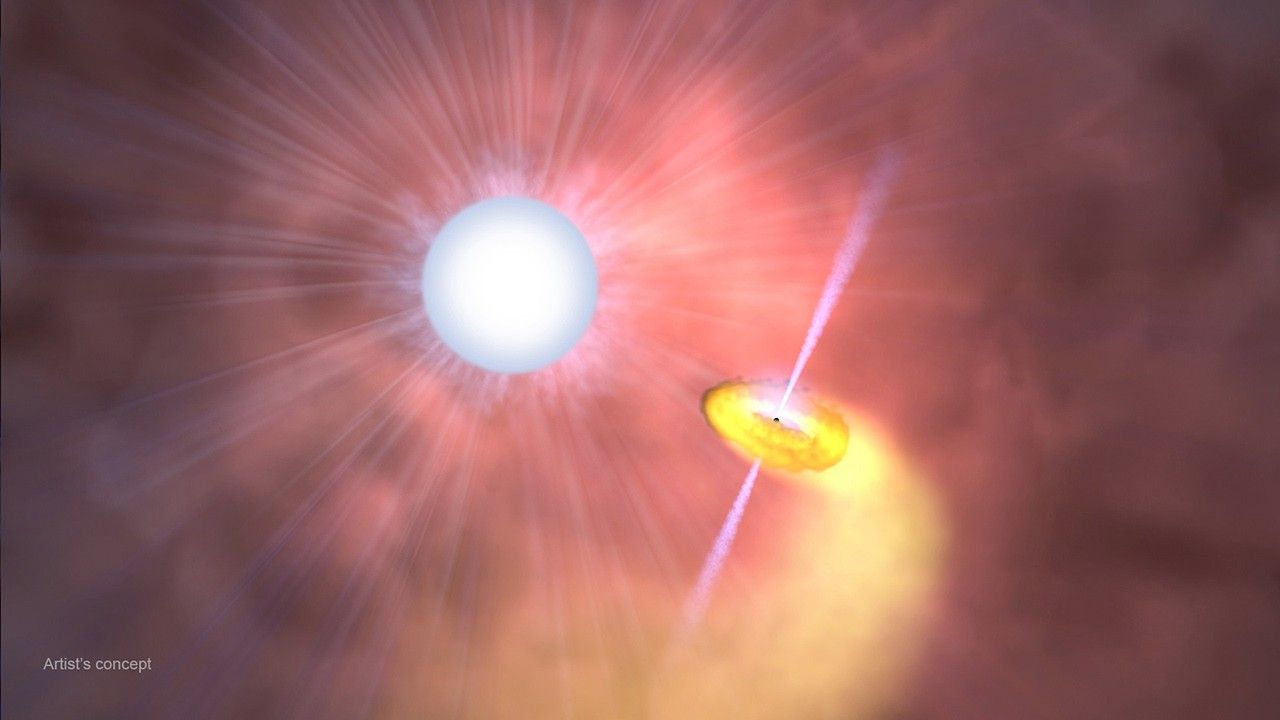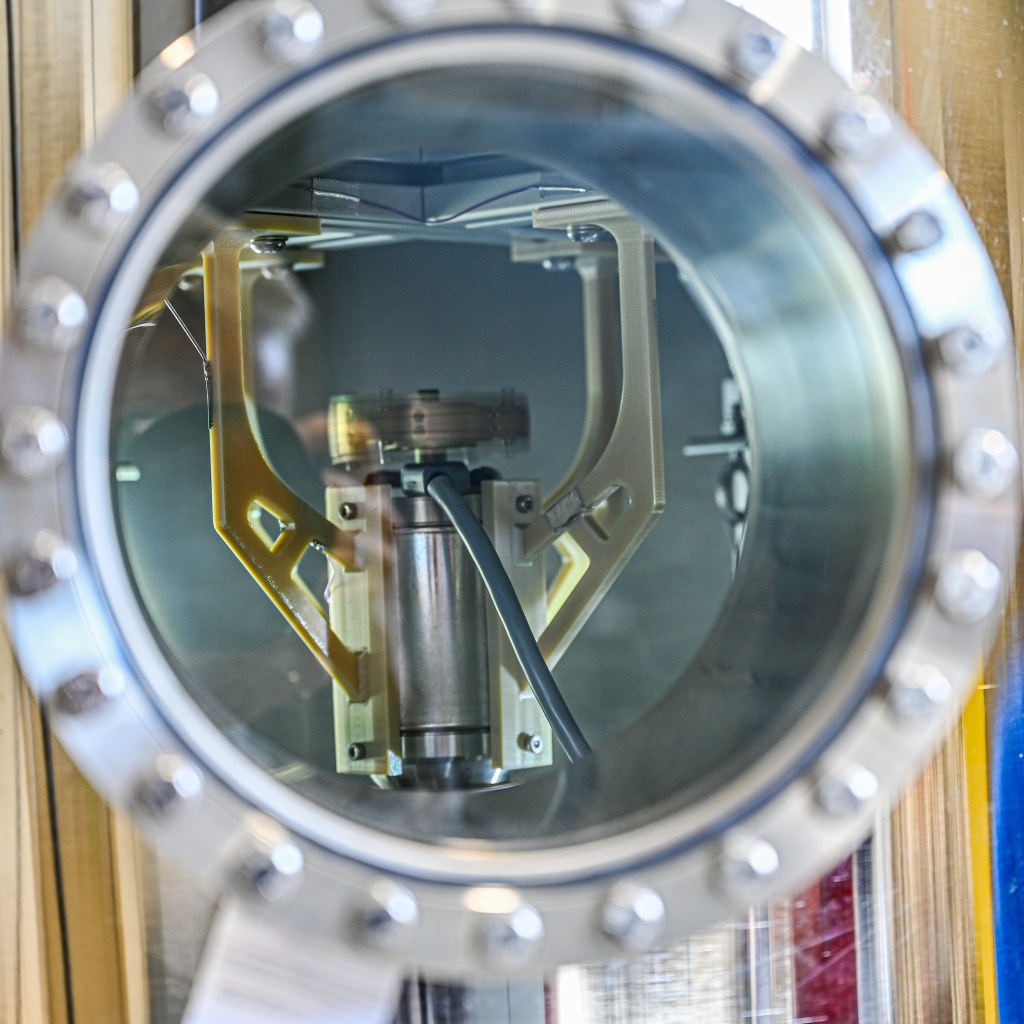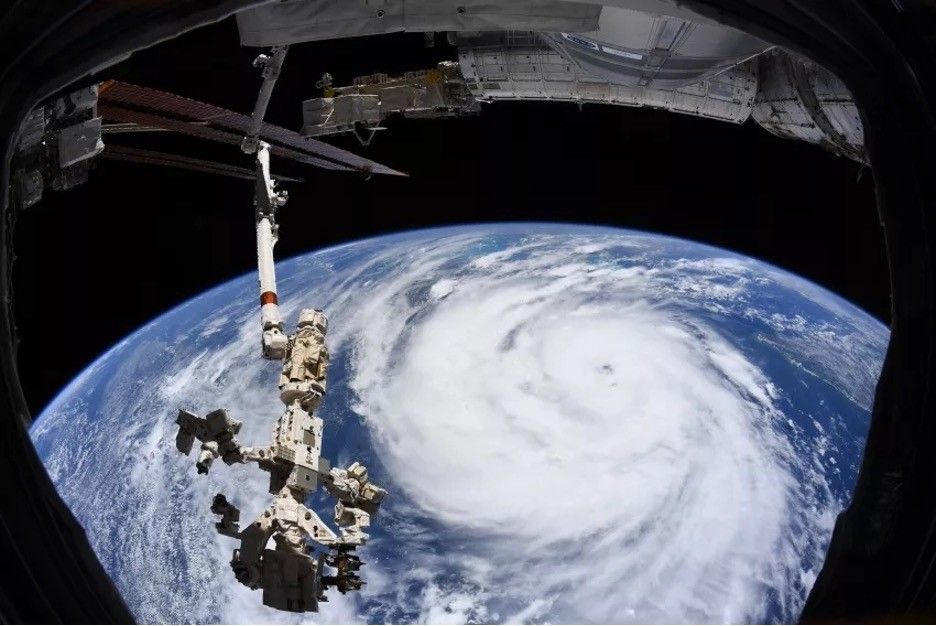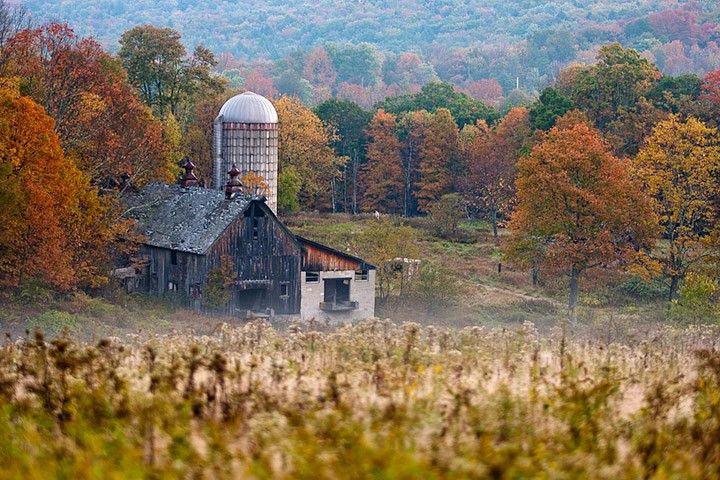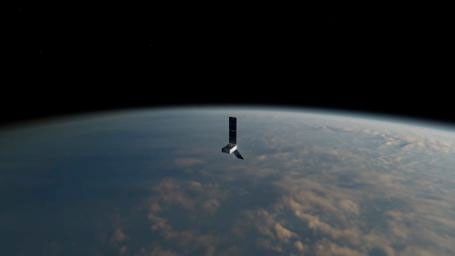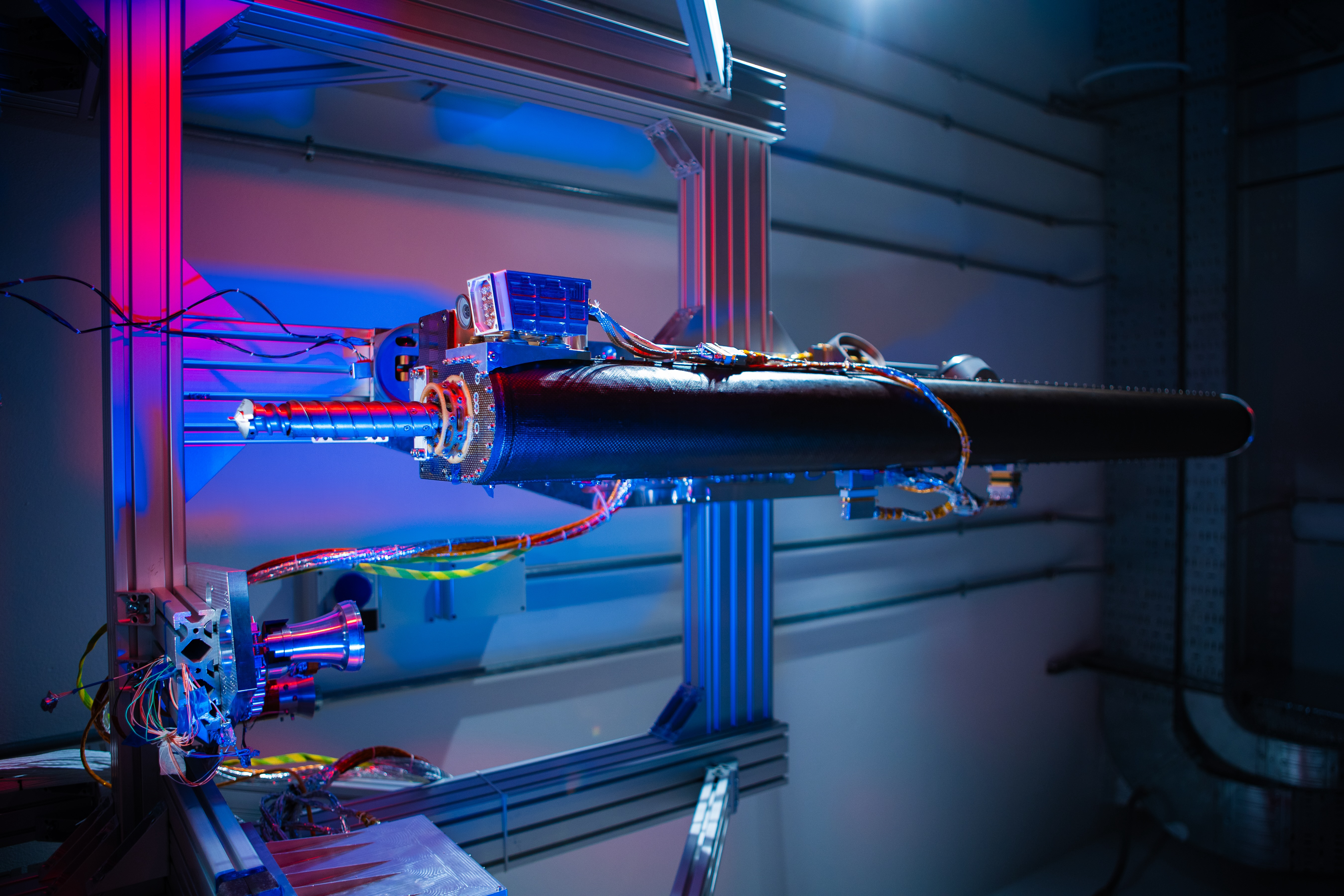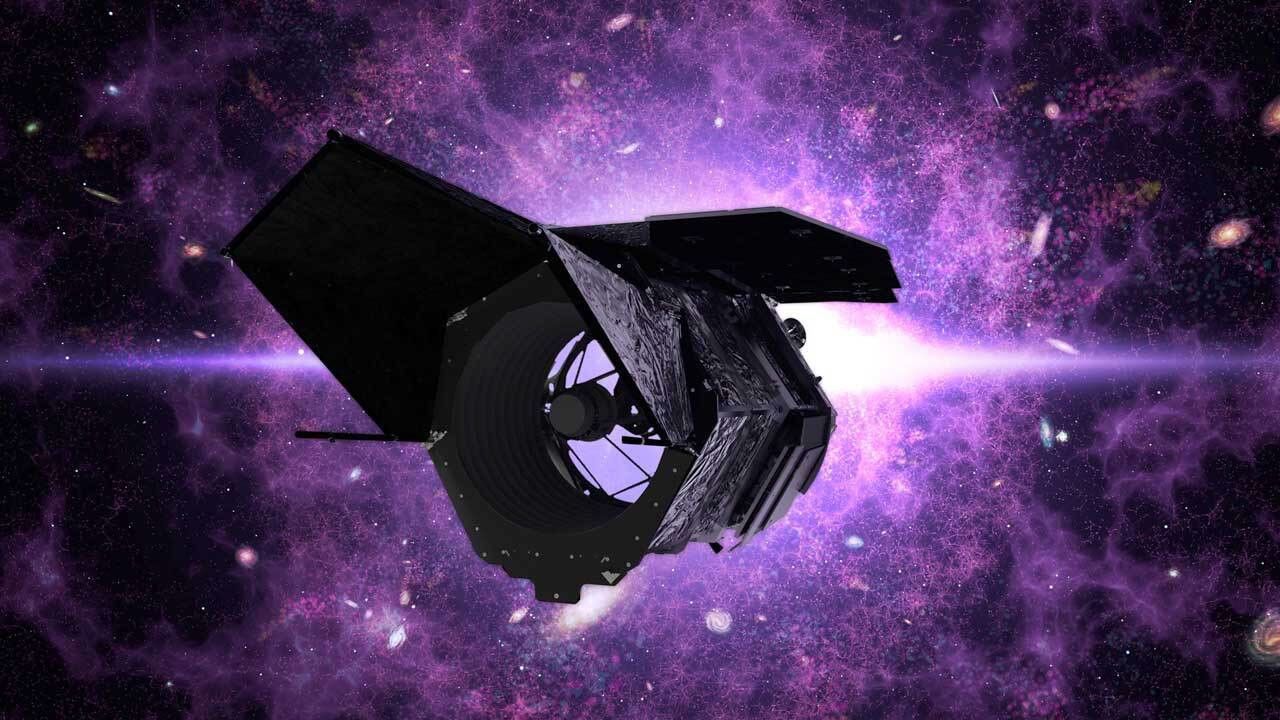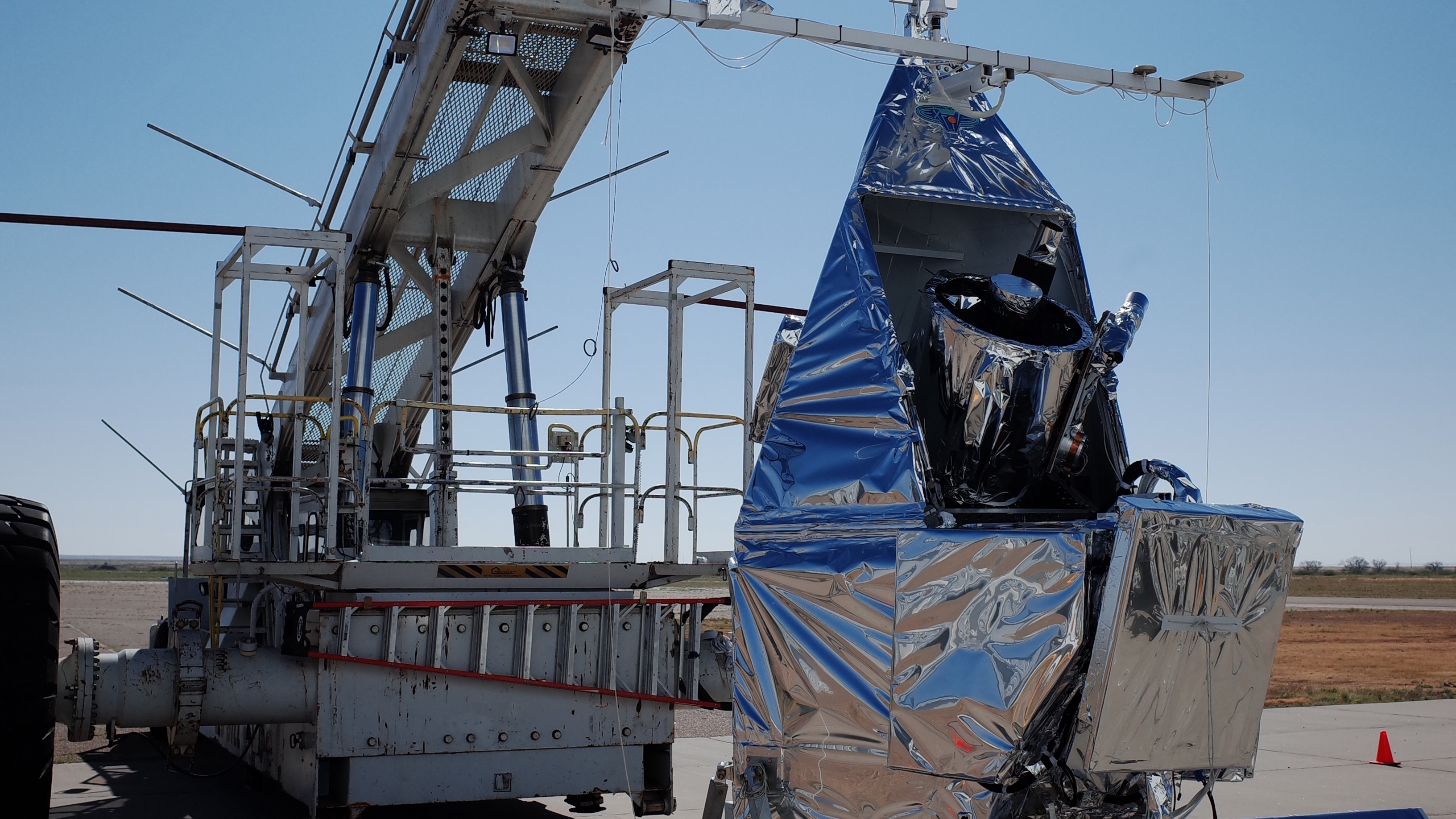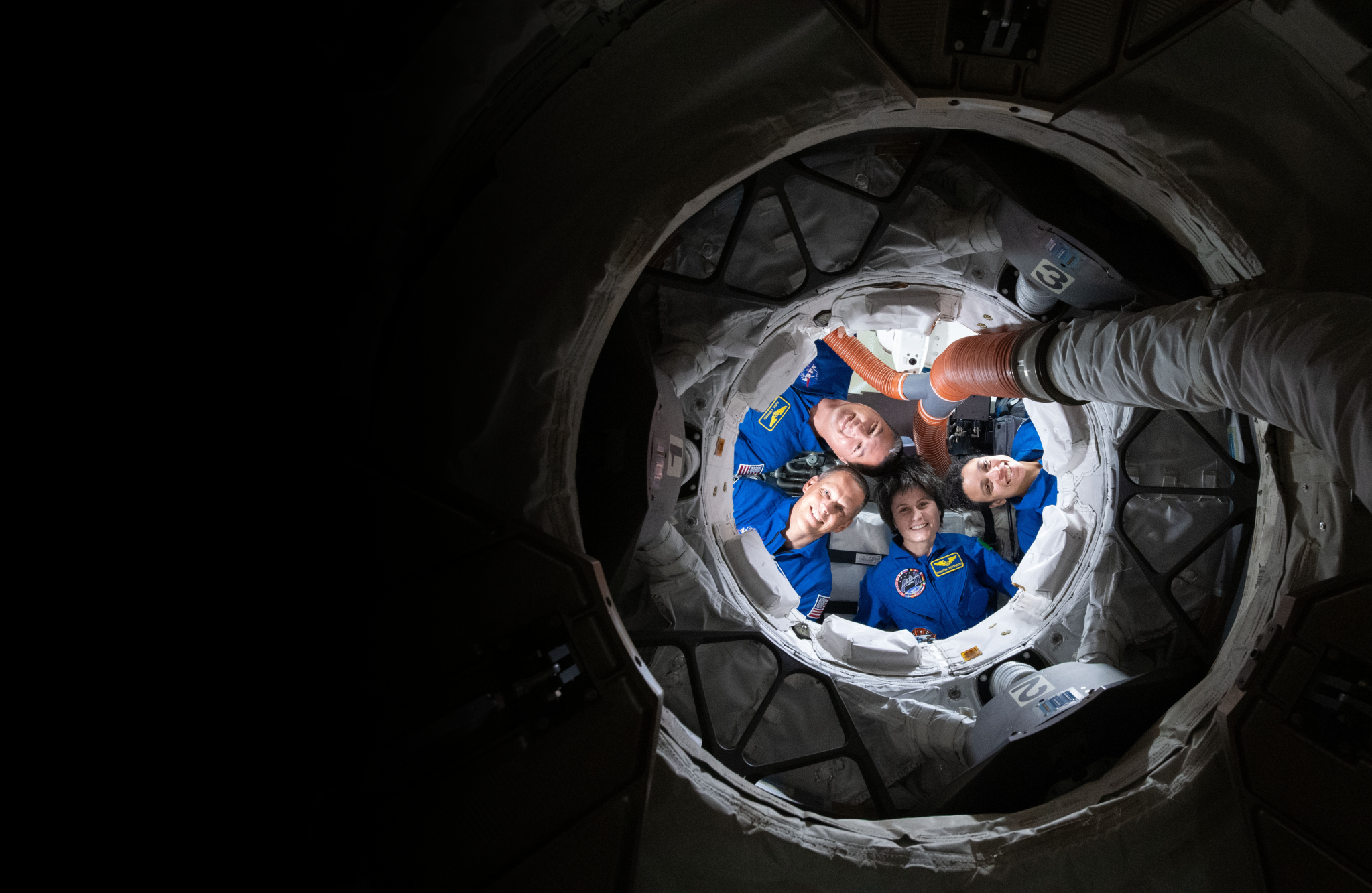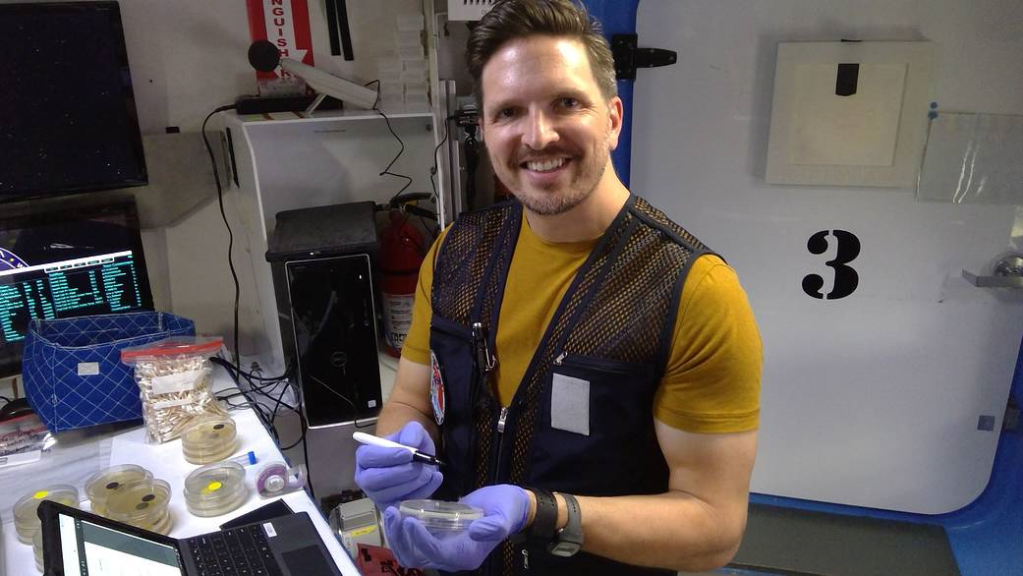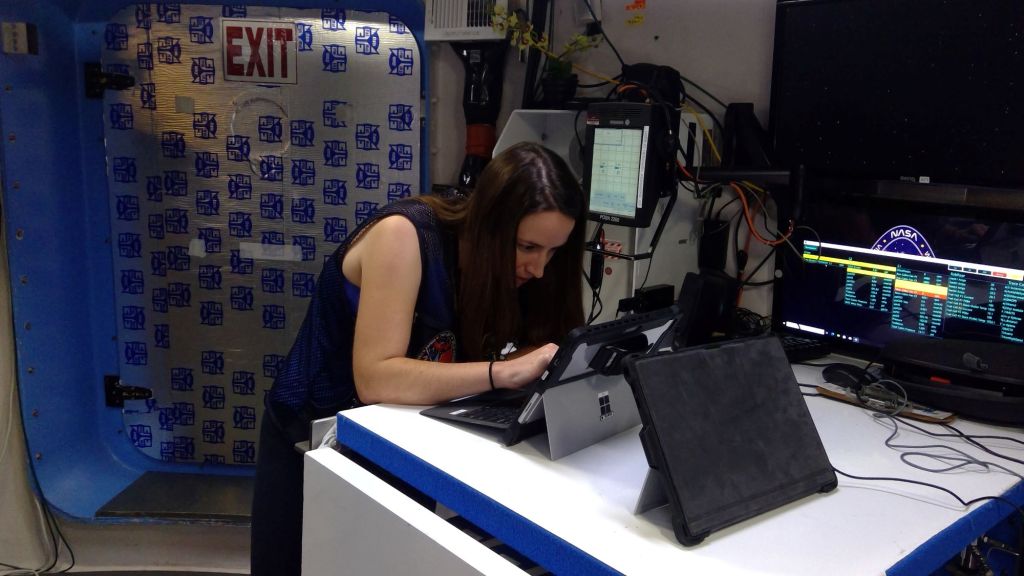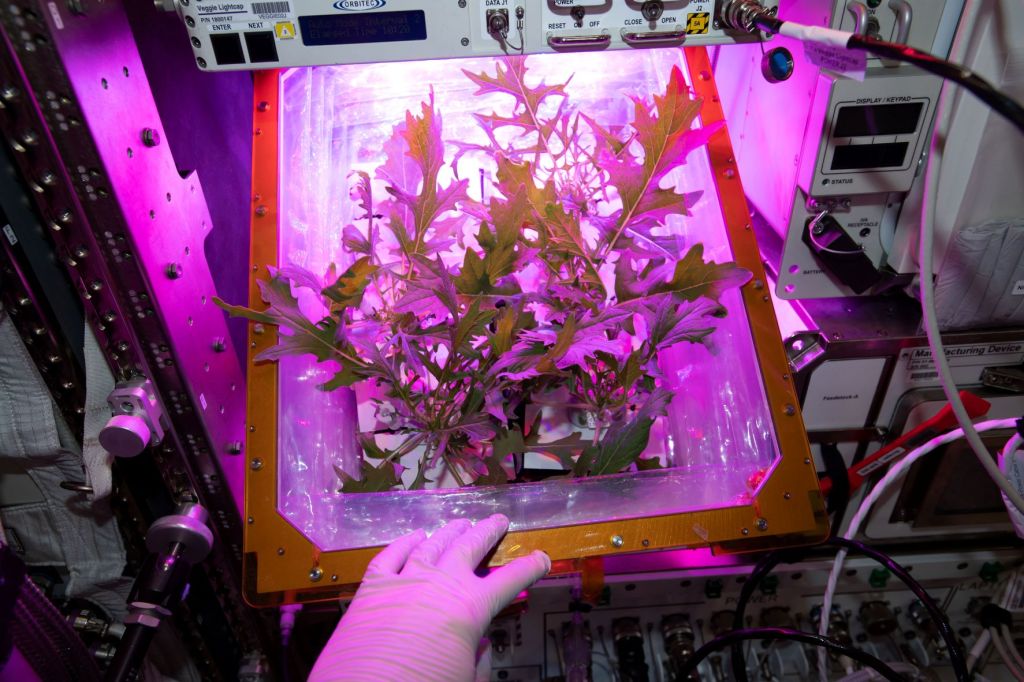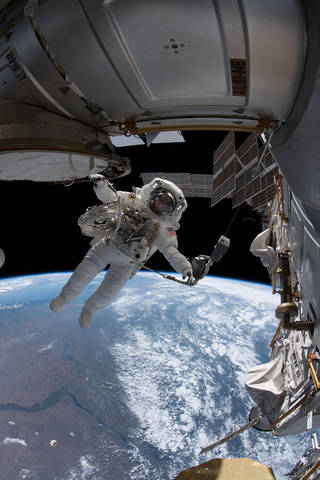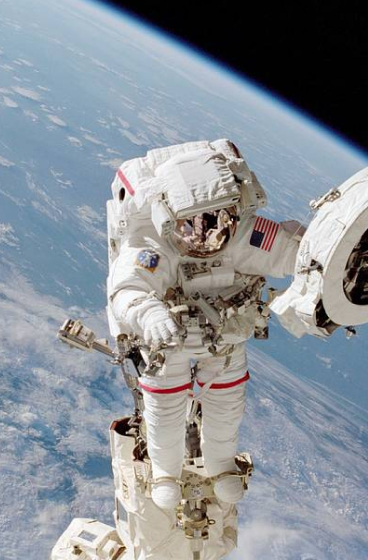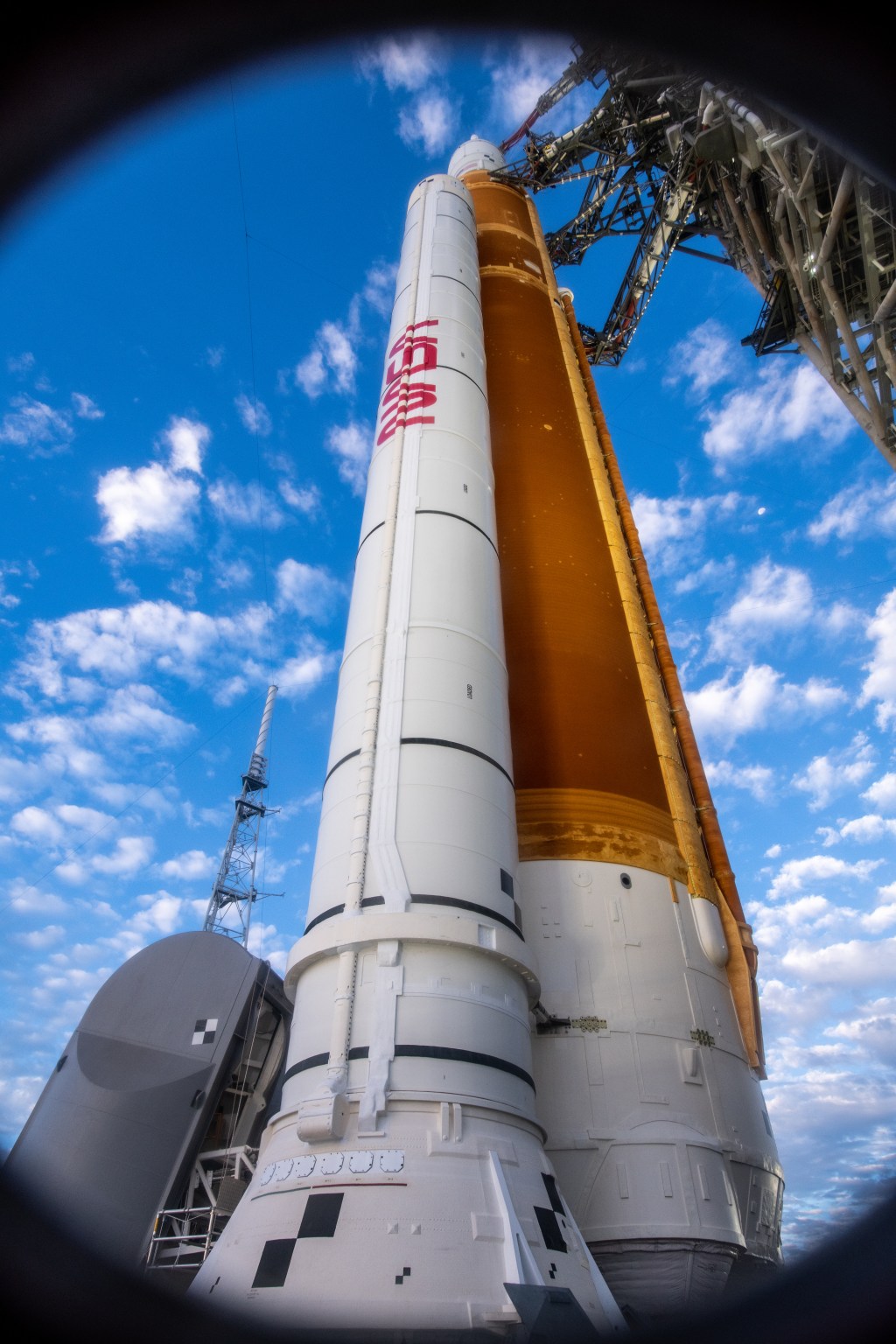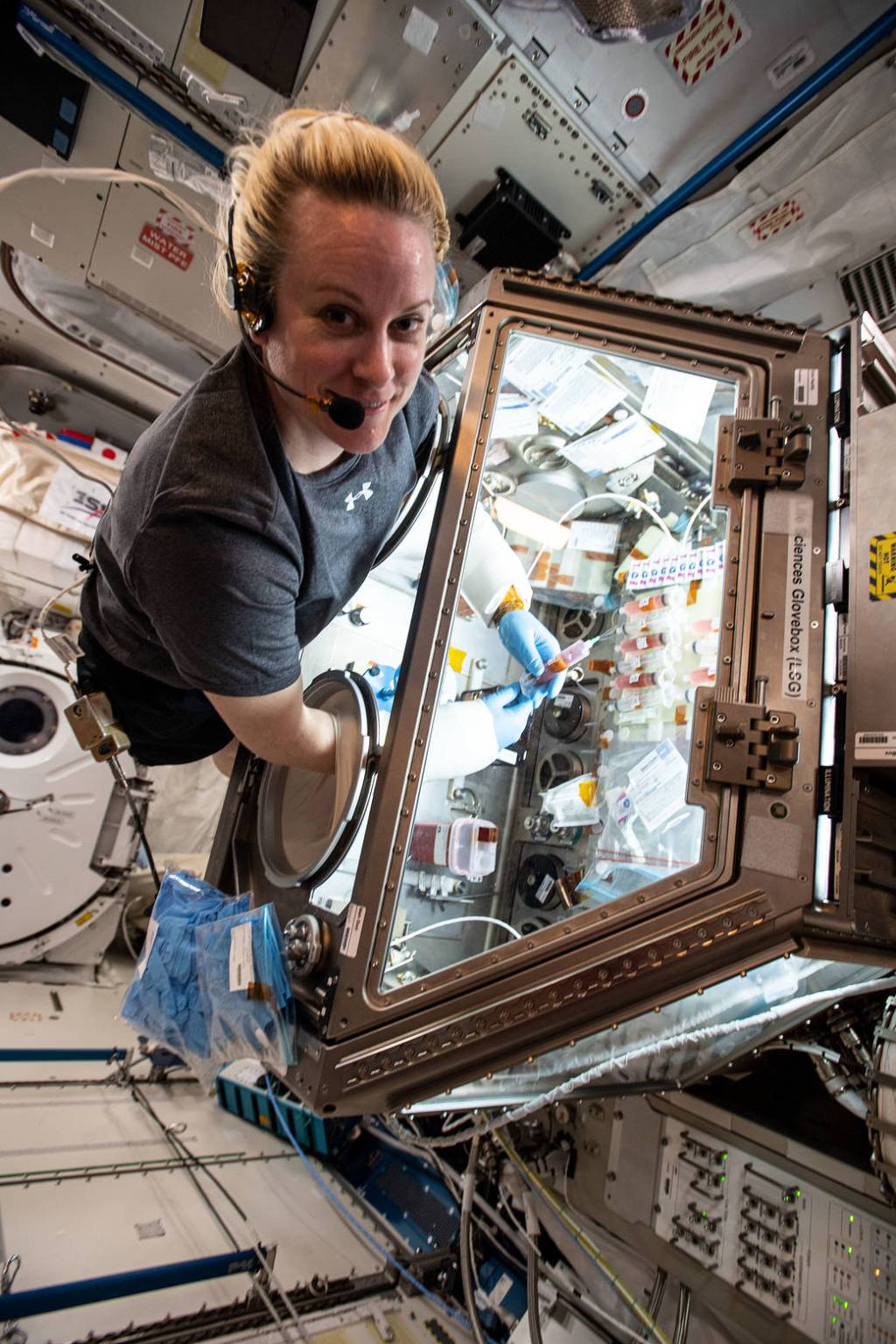The ecosystem inside a spacecraft plays a big role in the daily life of an astronaut in space.
Microbes can change characteristics in space, and micro-organisms that naturally live on the human body are transferred more easily from person to person in closed habitats, such as the space station. Stress hormone levels can elevate and the immune system can alter, which could lead to increased susceptibility to allergies or other illnesses. More research is needed into whether these changes pose serious risks to astronauts.
Beyond the effects of the environment on the immune system, every inch and detail of living and working quarters must be carefully considered and designed. No one wants their house to be too hot, too cold, cramped, crowded, loud, or poorly lit, and no one would enjoy working and living in such a habitat in space either.
Learn more about the challenges associated with hostile/closed environments:
Related Articles
Scientists Probe How Long-Term Spaceflight Alters Immunity
On Earth, a human body with a properly functioning immune system will work to overcome an infection. But in space,…
Read the Story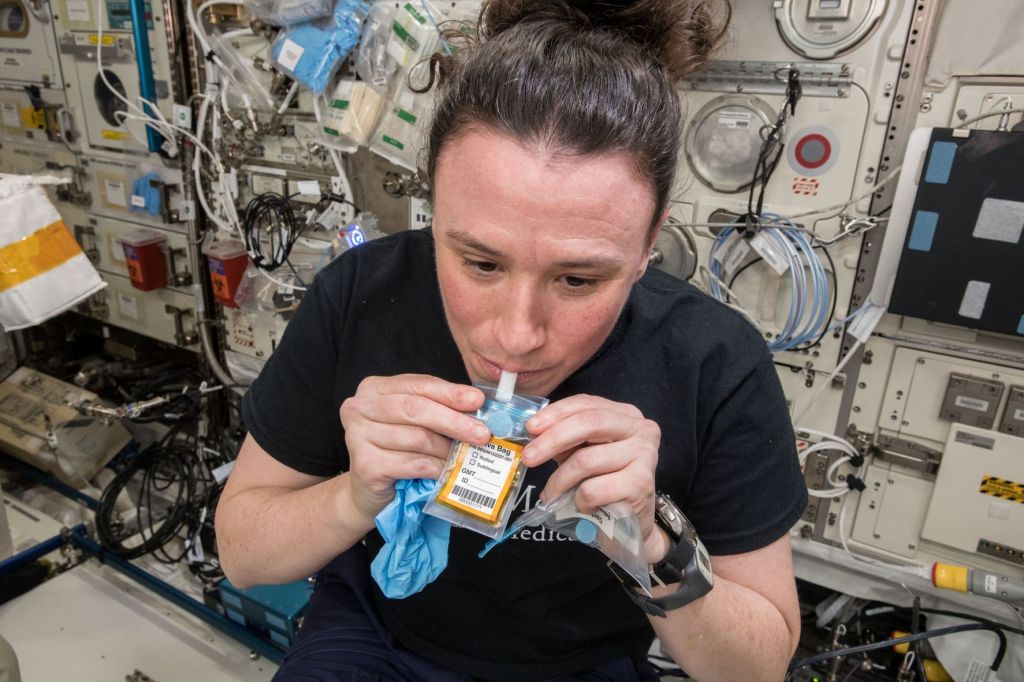
Why the Spacecraft Environment Matters
In an episode of "Houston, We Have A Podcast," a NASA immunologist discusses the health issues hostile and closed environments could pose to crew members on future spaceflight missions to the Moon and Mars.
Listen to Houston We Have a Podcast
HERA
NASA's Human Exploration Research Analog (HERA) is a unique 650-square-foot habitat split among two floors and a loft, designed to serve as an analog for isolation, confinement, and remote conditions in exploration scenarios.
Discover HERA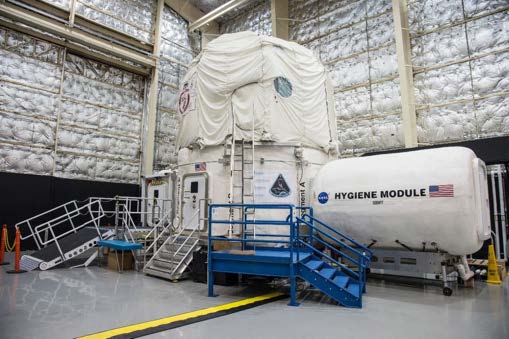
The Human Body in Space
For more than 50 years, NASA’s Human Research Program (HRP) has studied what happens to the human body in space. Researchers…
Read the Story